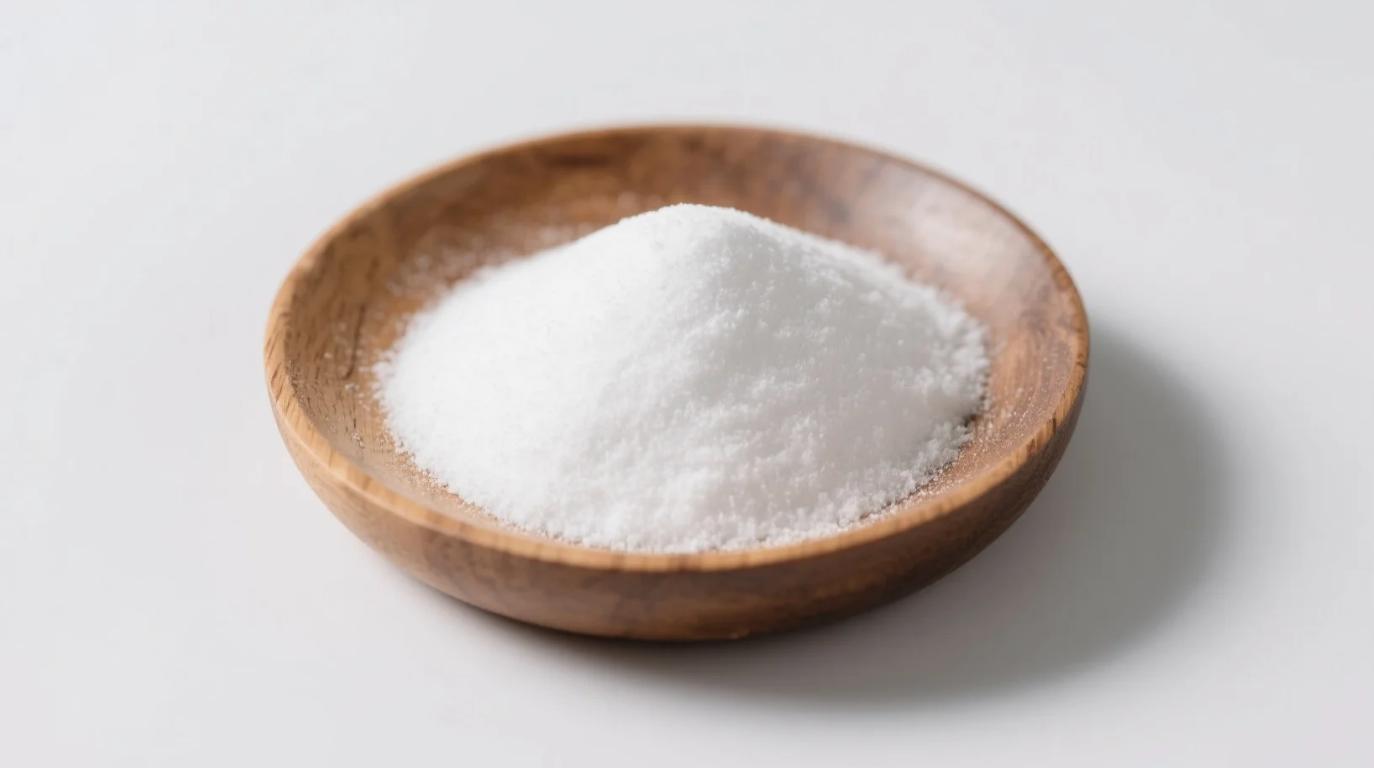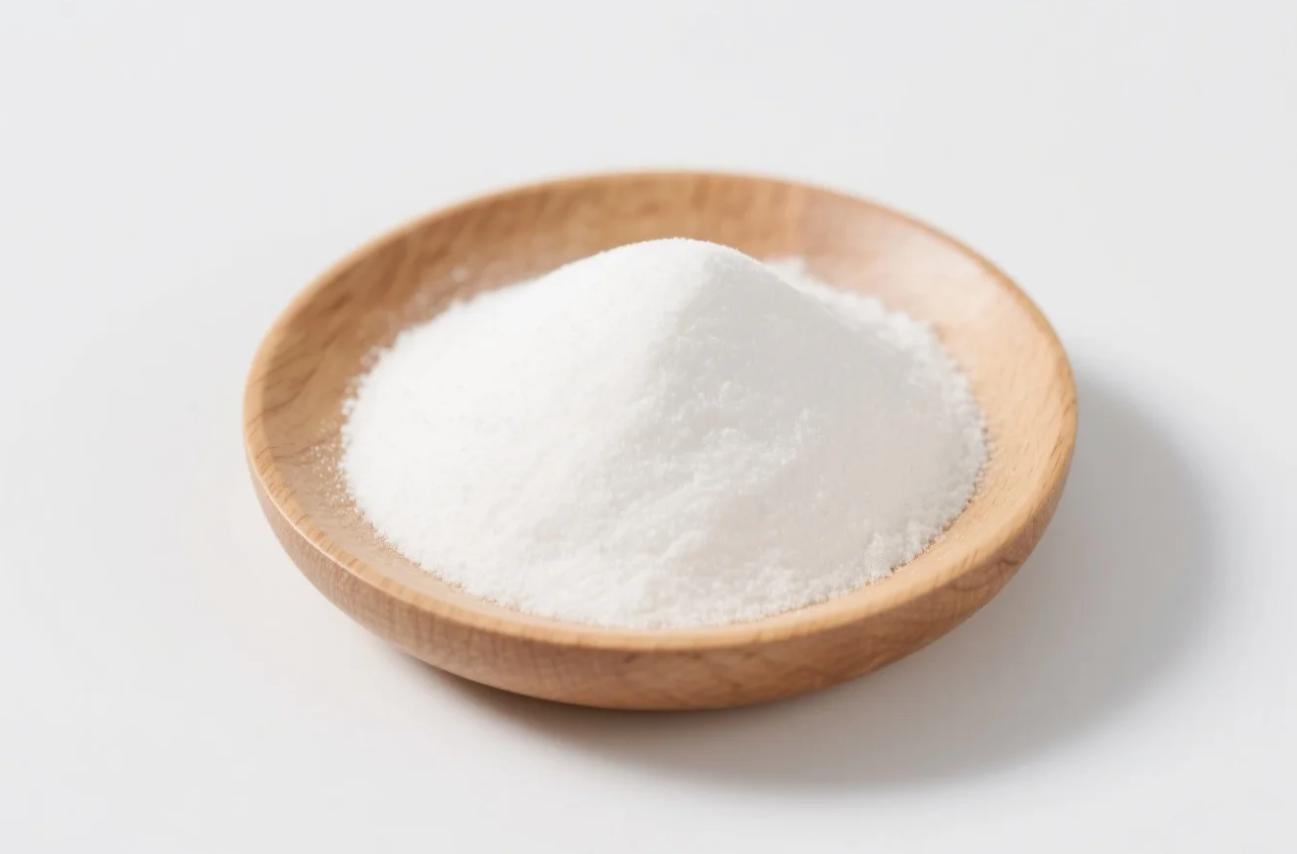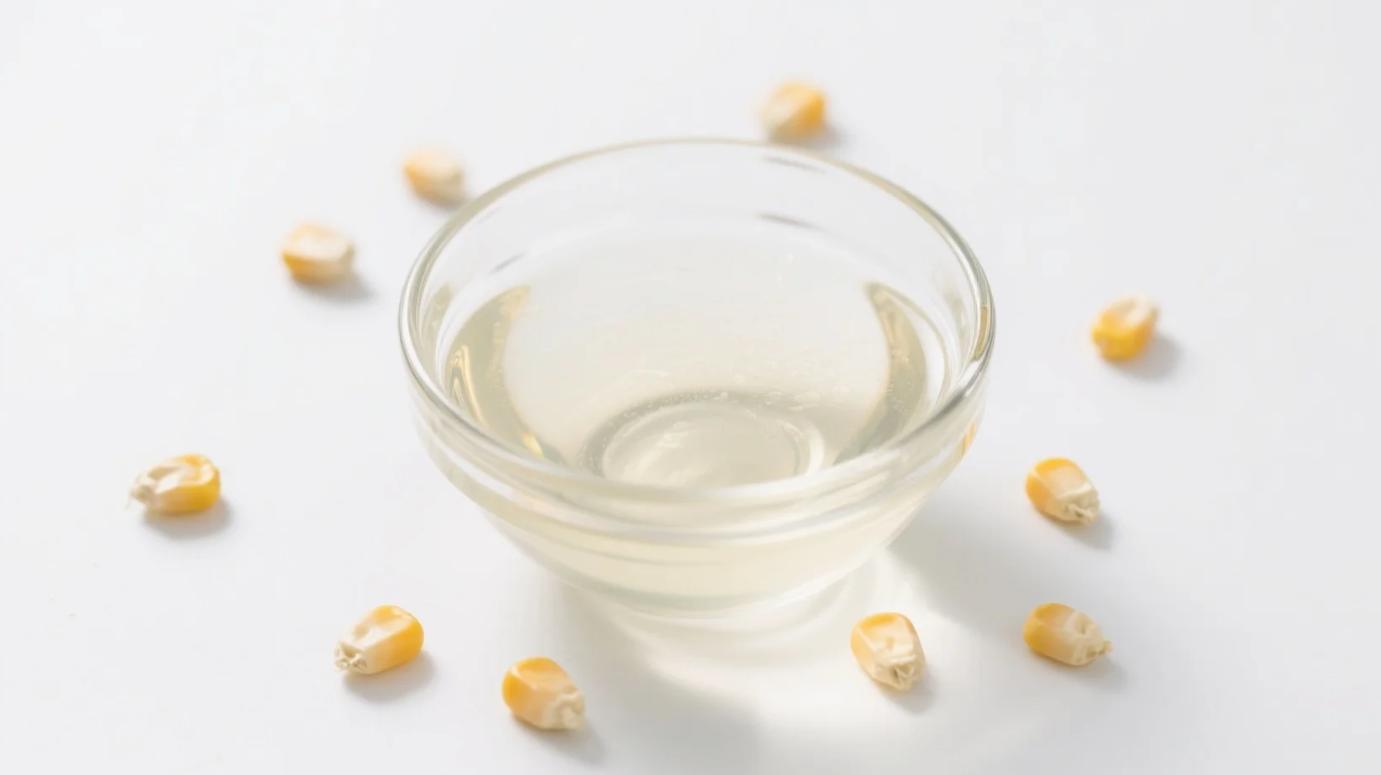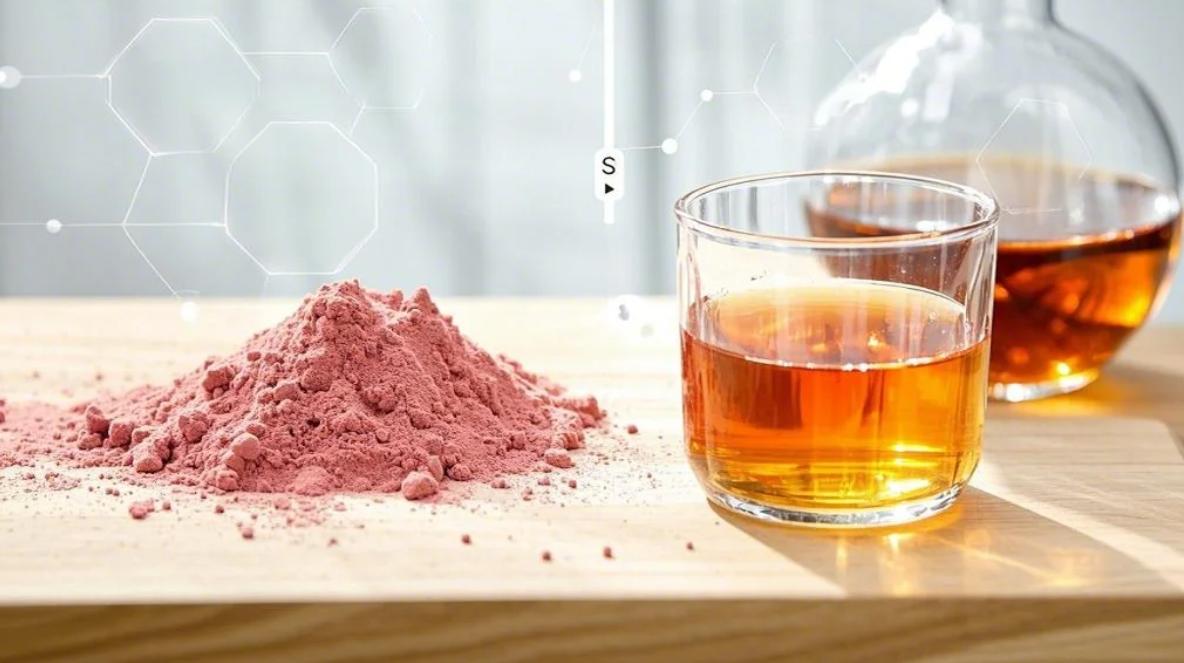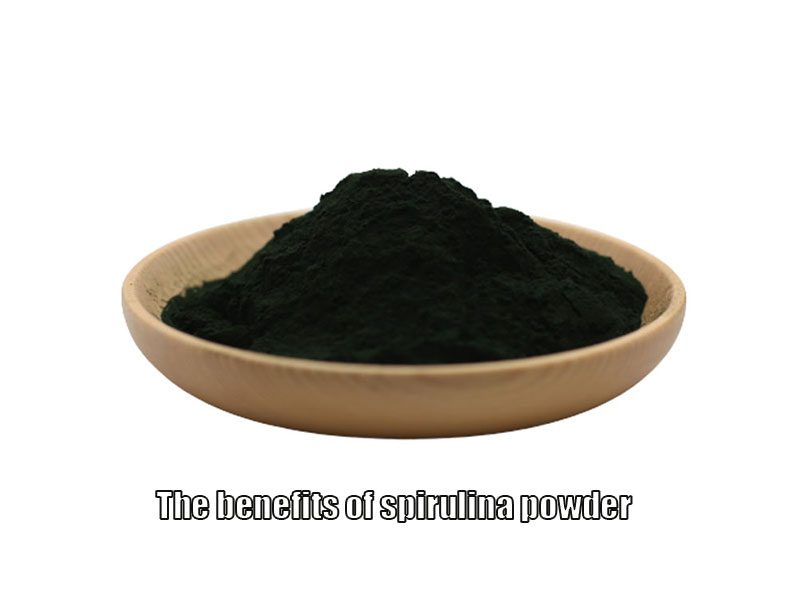Table of Contents
The debate over soy protein has raged for decades: Is it a plant-powered superfood or a hormone-disrupting risk? The answer lies in the quality and source of your soy. Organic soy protein powder, made from non-GMO, chemical-free soybeans, offers a nutrient-dense, sustainable protein option—but only when used wisely. Let’s cut through the noise with science, separate myths from facts, and reveal who should embrace or avoid soy.
The Good: 5 Evidence-Based Benefits of Organic Soy Protein
- Complete Plant Protein
- Contains all 9 essential amino acids, with a PDCAAS score of 1.0 (equal to whey).
- Ideal for vegans, athletes, and muscle recovery.
- Heart Health
- FDA-approved claim: 25g/day reduces LDL cholesterol by 3–5%.
- Rich in arginine, which improves blood flow and lowers blood pressure.
- Hormonal Balance
- Phytoestrogens (like isoflavones) modulate estrogen, reducing menopausal hot flashes by 26% (Menopause, 2022) without increasing cancer risk in most women.
- Sustainable & Affordable
- Produces 6x less carbon than beef protein and 3x less than whey.
- Cost-effective for food manufacturers and consumers.
- Bone & Skin Health
- Soy isoflavones increase bone density in postmenopausal women by 2–5%.
- Stimulates collagen production for firmer, younger-looking skin.
The Bad: When Soy Protein Can Be Problematic
- Thyroid Concerns
- Risk: High intake (>50g/day) may interfere with iodine absorption, worsening hypothyroidism.
- Fix: Pair with iodine-rich foods (seaweed, iodized salt).
- Estrogen Sensitivity
- Myth: Soy feminizes men.
- Reality: No effect on testosterone in moderate doses (<30g/day), but avoid if you have estrogen-positive cancers.
- Digestive Issues
- Anti-nutrients: Phytic acid in raw soy reduces mineral absorption.
- Organic Solution: Fermented or sprouted soy protein (e.g., tempeh-based powders) breaks down anti-nutrients.
- GMO & Pesticide Risks
- Non-organic soy: 94% is GMO and sprayed with glyphosate (linked to gut damage).
Organic Soy Protein vs. Conventional
| Factor | Organic Soy Protein Powder | Conventional Soy Protein |
|---|---|---|
| GMO Status | Non-GMO, identity-preserved | 94% GMO (Roundup Ready® beans) |
| Pesticides | Zero glyphosate residues | High glyphosate (linked to inflammation) |
| Anti-Nutrients | Fermented options available | High phytic acid |
| Sustainability | Regenerative farming practices | Deforestation-linked monocropping |
Who Should Use Organic Soy Protein?
- Vegans/Vegetarians: For complete protein without animal products.
- Postmenopausal Women: To ease hot flashes and protect bones.
- Eco-Conscious Consumers: Lower carbon footprint than whey or pea protein.
- Budget-Conscious Buyers: Cheaper than most organic plant proteins.
Who Should Avoid It?
- Thyroid Patients: Unless monitored by a doctor.
- Estrogen-Positive Cancer Survivors: Consult an oncologist first.
- Soy Allergy Sufferers: 0.5% of adults have soy allergies.
How to Use Safely
- Moderation: Stick to 20–30g/day (1–2 scoops).
- Fermented Forms: Choose fermented soy protein for better digestion.
- Pair Smartly: Combine with iodine (sea veggies) and vitamin C (bell peppers) to boost absorption.
FAQs
Q: Does soy cause man boobs (gynecomastia)?
A: No—studies show no link in men consuming <50g/day.
Q: Safe for kids?
A: Yes! Organic soy formula is safe for lactose-intolerant infants.
Q: Taste?
A: Neutral flavor (unflavored) or vanilla/chocolate options.
Q: Shelf life?
A: 2 years in airtight containers; store in cool, dry places.
The Verdict
Organic soy protein powder is neither “good” nor “bad”—it’s a tool that works brilliantly for some and poorly for others. By choosing organic, non-GMO, and fermented varieties, you dodge the risks of conventional soy while harnessing its muscle-building, heart-protective power.
Choose Wisely, Thrive Fully
In a world of polarized nutrition advice, certified organic soy protein powder stands apart. It’s not about fear or hype—it’s about informed choices, quality sourcing, and respecting your body’s unique needs.
Nourish boldly. Decide intelligently.
You might also like
Organic Dextrose Powder
A simple, naturally derived sugar from organic corn starch, offering clean sweetness, rapid energy, and…
Organic Maltodextrin Powder
Organic maltodextrin with DE 8–20 range, neutral taste, high solubility, and multiple functional uses.
Organic Glucose Syrup
A pure, viscous liquid sweetener derived from organic corn starch, offering balanced sweetness, excellent body,…
